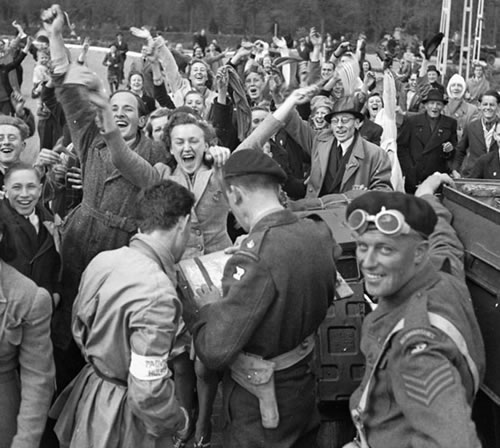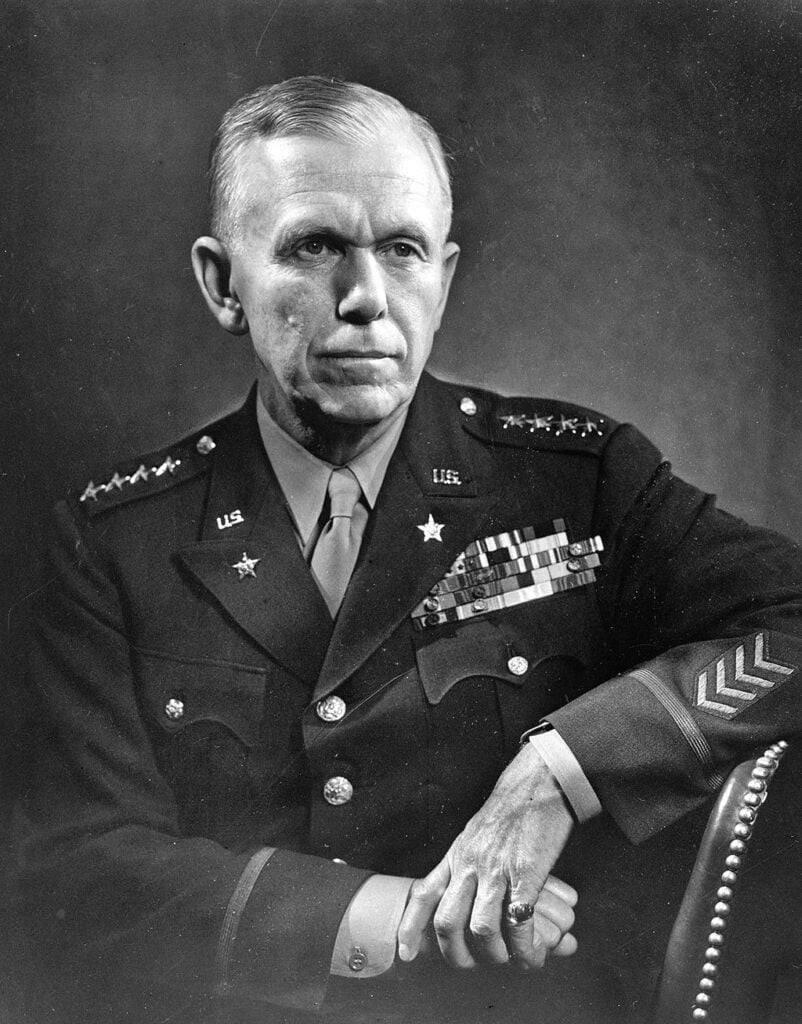The Netherlands and the US have a long and closely intertwined history. In fact, it goes all the way back to the very beginning of the United States’ independence.
But what about now? And how did it start? Let’s take a history dive, shall we?
America and the Netherlands: We’re old mates!
The relationship began almost as soon as the United States was formed: as early as 1782, John Adams, one of the Founding Fathers, travelled to The Hague on a diplomatic mission.
The Netherlands became the second country, after France, to recognise the new nation (though a Dutch governor had already recognised the US without consent from the government).
Adams then purchased a house in The Hague, which became the first American embassy in the world and stands to this day.
However, in 2018 the US embassy moved to a brand-spanking-new location:
By the dawn's early light, the U.S. Marine Security Guards raised our flag over #JohnAdamsPark1, our new Embassy in Wassenaar, for the first time. pic.twitter.com/JMHohUfwbj
— U.S. Embassy The Hague (@usembthehague) January 29, 2018
The Dutch got your back!
During the Second World War, the Dutch government-in-exile was at war in Europe. At the time, the Dutch also controlled the East Indies colony, which was rich in resources like oil and rubber.
READ NEXT | The Dutch East India Company was richer than Apple, Google, and Facebook combined
The Japanese empire wished to secure this supply and sought to invade the East Indies. And as tensions rose, the attack on Pearl Harbor on December 7, 1941, was a tipping point.
The Dutch declared war on Japan the very next day — even before the US did (according to reports, the Dutch government in London actually sent the proclamation of war before the news of the attack reached them).
Freedom!
More than 150 years after the Dutch recognised American independence, the US took the opportunity to return the favour.
Although it was the Canadian army that liberated the biggest parts of the country by May 5, 1945, the US played a key role in the liberation and eventual victory of the Allied forces.
READ MORE | Amsterdam liberated: the infamous shooting at Dam Square on May 7, 1945
However, this was only the beginning of American support for the Dutch.

After the war
Once the war was over, the US continued to support the Netherlands through the Marshall Plan.
Officially known as the European Recovery Program, it was named after its originator, Secretary of State George Marshall.
READ NEXT | The Atlantic Wall: the remnants of Nazis on the Dutch coast
The plan provided billions of dollars in economic assistance to countries in Western Europe. The motive was to set up and preserve institutions of free trade and liberal democracy.
As a consequence, the US and the Netherlands still share a similar outlook and value system in politics and economics.
Economy
Currently, the two countries are close partners in trade and policy. The US is the largest foreign investor in the Netherlands, and the Netherlands is the third-largest foreign investor in the US.
The Dutch have also supported NATO’s war efforts in Korea, the Middle East, and the Balkans. With Brexit, the Netherlands is now perhaps the most transatlantic-leaning member of the EU.
However, the two countries have, of course, also had some sharp divergences.
Surprise! We have differences too
Sure, talking about American-Dutch relations, there have been some bones of contention along the way, most prominently the tolerant Dutch attitude towards soft drugs as opposed to the hard-line sometimes taken by the US.
The winds of political change under Trump created further discord, with the Dutch for example remaining strong supporters of the pro-choice movement on the international stage while American policy shifted to a pro-life focus.
A recent highlight in American-Dutch relations
Back in 2018, the appointment of Pete Hoekstra as Dutch ambassador really brought American-Dutch relations into focus.
The Trump administration had sharply diverged from the long-term American Netherlands policy, which soured relations between the two countries for a while.
READ NEXT | Here’s how another Trump presidency would impact the Netherlands
This was exemplified by the now infamous exchange between Hoekstra and Dutch journalists, during which they confronted him about his claims of supposed fire and fury (pun intended) in Muslim-dominated areas in the Netherlands.
One journalist, in particular, offered Hoekstra a piquant reminder of the power of a free press by saying — “This is the Netherlands, you have to answer questions.”
Where do we go from here?
The history of American-Dutch relations, of course, extends well beyond any single incident.
Where does this friendship go from here? The imminent elections make this question all the more pressing.
Anything to add on American-Dutch Relations? Tell us in the comments below!




